User engagement is crucial for customer acquisition and retention. Beyond interacting with your protocol and a clean UI, users want to feel heard and part of your organization and project.
The best web3 CRM for your blockchain project ensures you collect the right data from users, personalize offerings, and communicate effectively. It helps you understand and speak the language of your users.
According to ChainLink, if the current adoption rate continues, Web3 could reach a billion users by 2031. Your user engagement rate will significantly impact your platform’s usage rate. While tokenomics and airdrops attract users, a web3 CRM will ensure they stay engaged and loyal.
So, What is Web3 CRM?
CRM stands for Customer Relationship Management. As the name suggests, CRM software enhances customer relationships through automation and workflows.
For web3 projects, CRM helps automate lead generation, manage appointments, schedule meetings, and create time-saving workflows, among other functions.
When implemented effectively, a CRM system can be a powerful tool for a web3 founder. Whether the software is affordable or expensive is less important than how well it is utilized to scale the business.
Best Web3 CRM for Blockchain Projects
1. Salesforce - Overall Best
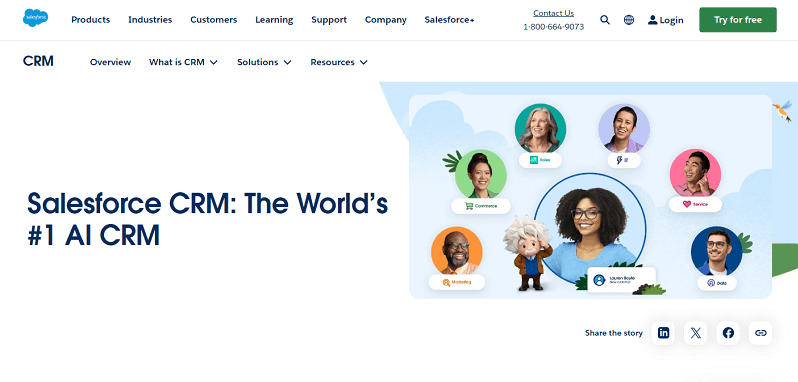
Salesforce is the world’s #1 CRM and the oldest platform in the game. Trusted by over 150,000 businesses globally, their CRM software is secure and scalable. They recently built a platform that enables blockchain companies to create a customized CRM. It’s highly customizable and tailor-made.
Features of Monday.com
- Einstein Analytics: Einstein Analytics offers web3 projects with high intelligence analytics that unlock complicated sales processes. It helps you personalize your services for better user engagement and retention.
- Opportunity Management: Blockchain projects can take advantage of this unique feature of Salesforce to predict the next move of their customers. It enables them to view the activities of their customers and ways of upselling more products or services.
- Contact Management: Salesforce CRM provides a user-friendly dashboard for managing all your contact activities without stress or hassle. It is easy to operate and easy to set up.
Other features are automation, application development, security, sandboxes, etc.
2. Pipedrive - Most Functional
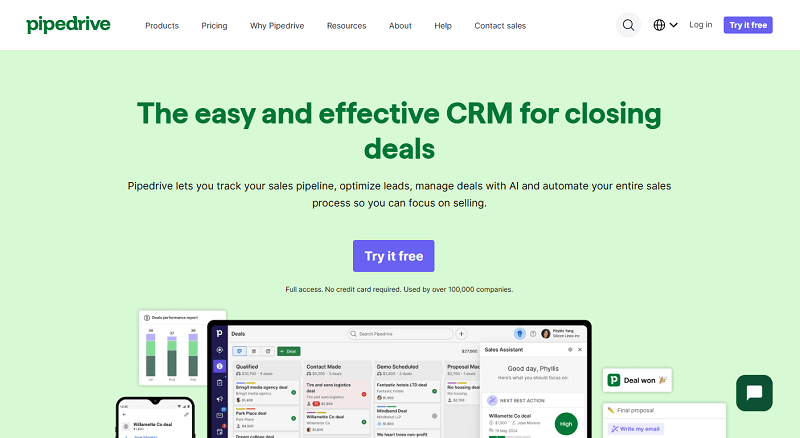
Pipedrive CRM helps web3 projects save time and generate more revenue primarily by creating pipelines, keeping track of clients’ conversations, and following up with their contacts. Beyond the metrics, it’s open to integration into Telegram, Twitter, and several web3 platforms you already use.
Meanwhile, founders can easily create workflows with Pipedrive’s ‘drag n drop” builder and fully automate their real estate business for passive, predictable gains.
| Key Features and Benefits |
|---|
| Easy segmentation of leads and contacts for effective follow-up and upsells. |
| It enables projects to track their pipelines and portfolios across multiple platforms. |
| It has built-in marketing tools for email campaigns, text messages, and process automation. |
| Native mobile application for quick access to leads and appointment bookings. |
| It integrates with Telegram, Twitter, and 300 other apps. |
3. Zoho - Most Affordable
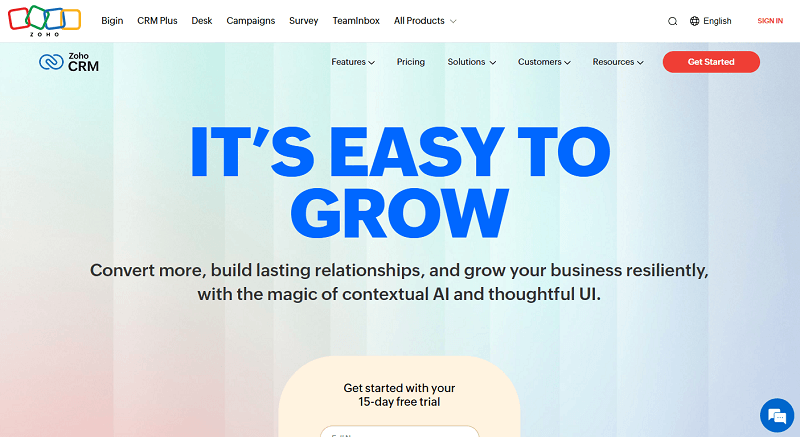
Zoho CRM is the next top-rated web3 CRM. Zoho is a robust CRM software with lots of out-of-the-box features and functionalities.
It enables web3 projects to design exceptional user management, engagement, and automation processes. Look no further if you’re looking for an affordable and feature-rich CRM.
With Zoho, you can generate leads from multiple sources like social media, telephony, offline campaigns, and business cards. It also has Zia’s AI assistant, which helps track all appointments, meetings, and bookings.
| Key Features and Benefits | |
|---|---|
| Manage and track leads with a UI-friendly dashboard | |
| Create powerful workflows and automation sequences | |
| Get an AI-enabled assistant for auto-reminders and scheduling. | |
| Quickly draft and send invoices with its invoice management tool | |
| Potent in-built analytic tools to make data-driven decisions |
4. Metacommerce

Metacommerce is a web3-native CRM for blockchain companies. It leverages on-chain data, built-in intelligence, and automation to accelerate your community member’s journey. The best part is that Metacommerce also collects on-chain data, giving you deep insights into your user’s persona.
| Key Features and Benefits |
|---|
| It helps you understand your community by collecting both on-chain and off-chain data |
| Metacommerce tracks owner engagement and aggregates NFT collection statistics |
| Easily launch and track web3 campaigns & airdrops from a single dashboard |
| Drive sustainable and long-term growth |
5. Monday.com
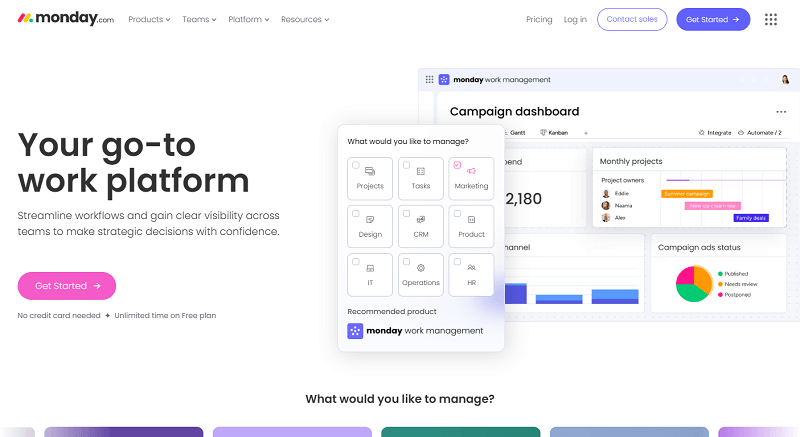
Monday.com is a powerful work platform for managing tasks, communication, and leads.
Monday CRM is feature-rich with specific functionalities to help web3 projects grow and thrive. Besides the usual sales and automation feature that most CRMs have, Monday takes it further to enable seamless onboarding and work processes.
| Key Features and Benefits |
|---|
| It provides a robust user-engagement set of tools |
| It allows projects to be customizable to suit their needs |
| Monday supports file-sharing, a great tool for adding and sending files of all types |
| It has other generic CRM features like contact management, workflow automation, integrations, etc. |
Conclusion
Web3 CRMs are here to stay. And, since the adoption is pretty low in Web3, it will be a competitive advantage for those with it. You’ll be able to command users’ attention and win the hearts of your community with it.
Generally, we recommend Salesforce because of its numerous functionalities and custom-enable features. All other CRM listed here are equally fantastic and would work perfectly well. The bottom line is to choose a CRM that aligns with your project needs.

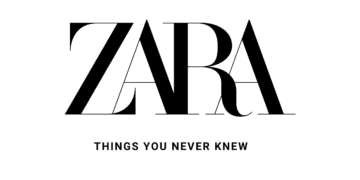

























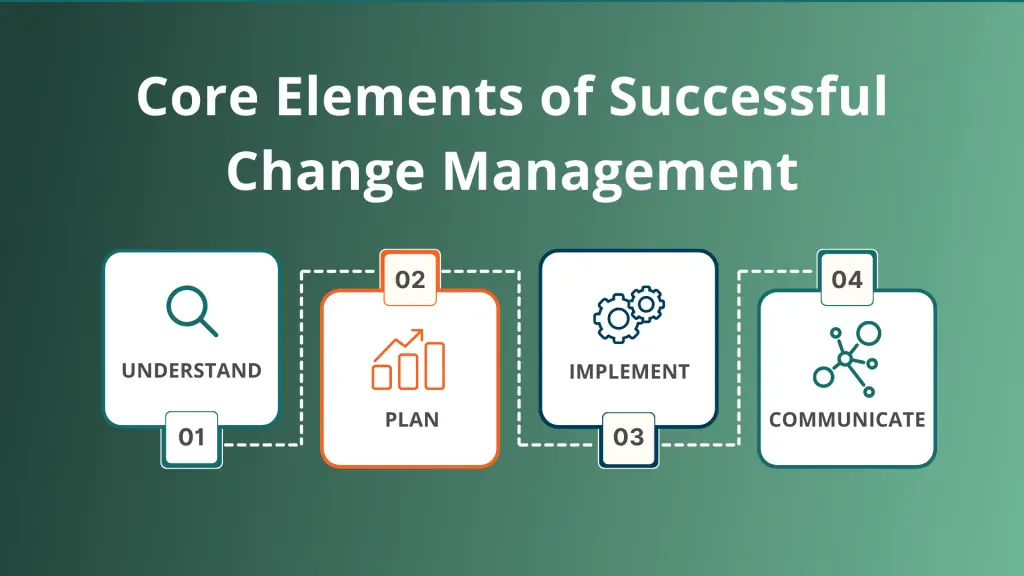

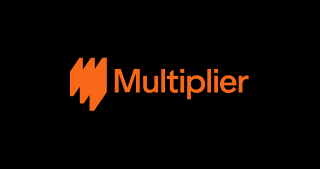
Comments 1
Cool post! Noticed some of the CRMs on this list don’t support blockchain wallets or web3 native communities though. Would you consider adding Blocksee.co to your list? We are a blockchain-first CRM that was built around the user’s wallet address and brand smart contracts 🙂